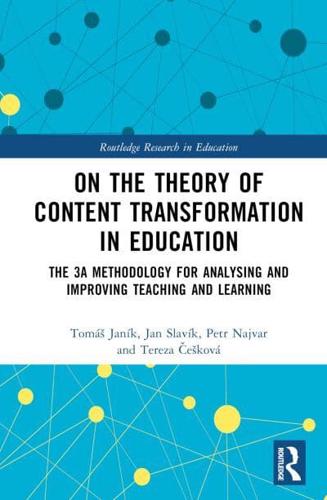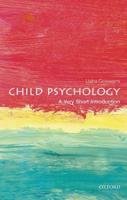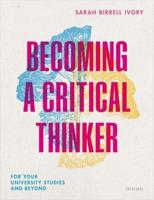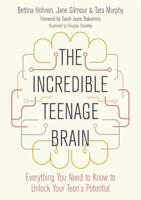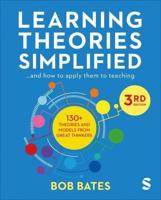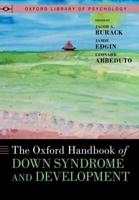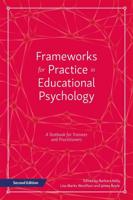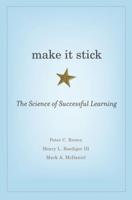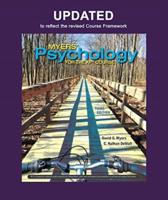Publisher's Synopsis
This volume presents a novel, theoretical, micro-analytical model - the 3A Methodology - for assessing the quality of school education.
Drawing on philosophers as well as theoretical and pedagogical traditions from European and American contexts, the authors construct a model that is relevant to teachers, researchers, and teacher educators regardless of cultural setting. The chapters explain the 3A Methodology as a specific research tool developed to study classroom situations in the form of case studies, revealing findings that demonstrate prototypical failures (didactic formalism) that threaten to compromise the quality of learning as well as prototypical didactic virtues that verifiably support students' learning. Ultimately building on the distinction of three modes of existence of educational content (the intersubjective, the subjective, and the objective modes), the book helps rediscover didactics as a transdisciplinary theory of content transformation and contributes to the improvement of teaching and learning in the classroom long term.
This volume will be of interest to scholars, researchers, and postgraduate students working in school education, educational psychology, and didactics more broadly. Teacher educators and school administrators may also find the book of interest.
Chapters 1, 3, and 6 of this book is freely available as a downloadable Open Access PDF at http://www.taylorfrancis.com under a Creative Commons Attribution-Non Commercial-No Derivatives (CC-BY-NC-ND) 4.0 license.
